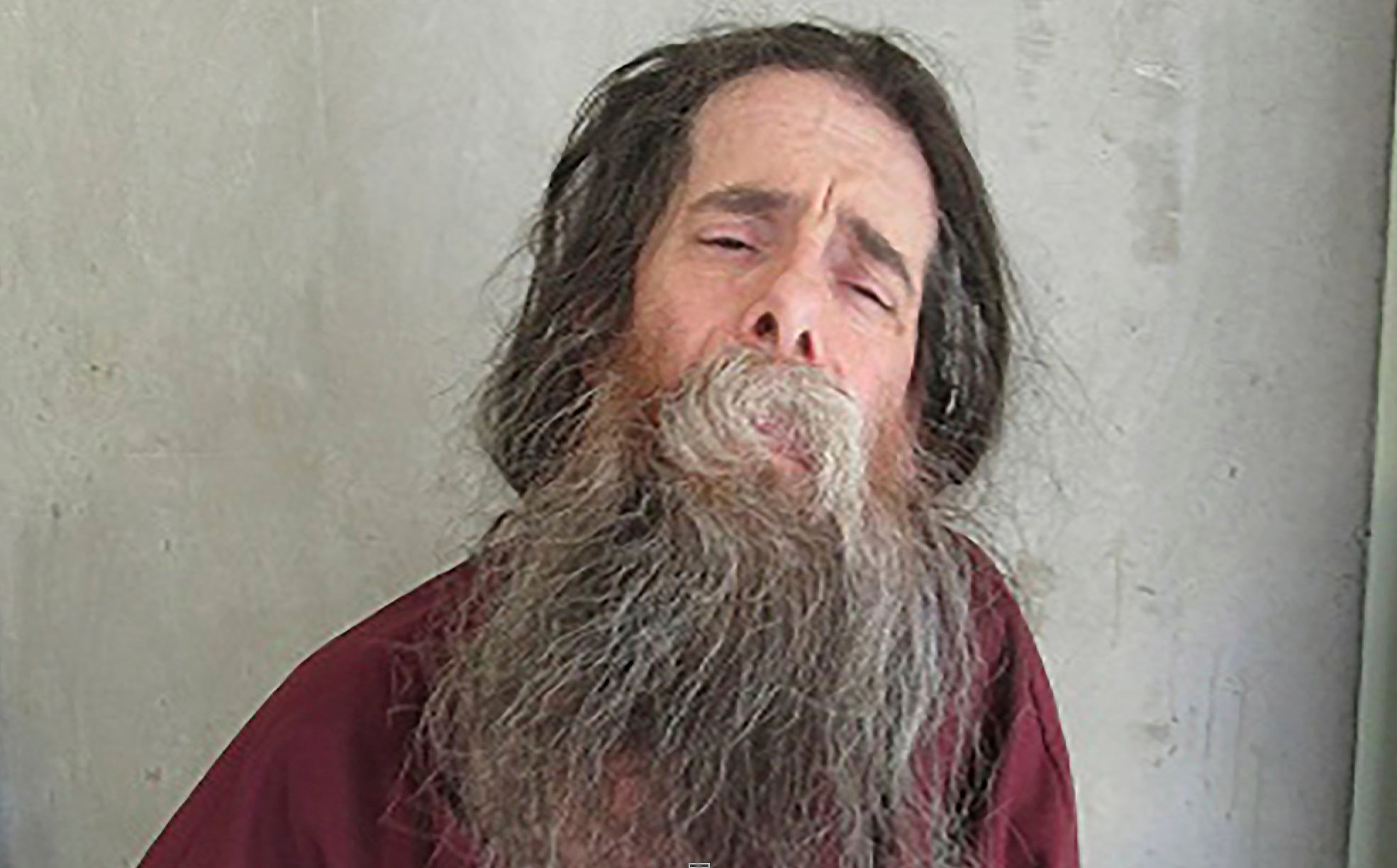Oklahoma panel rejects clemency for man in baby's killing
Oklahoma's Pardon and Parole Board has denied clemency for a man sentenced to die for killing his 9-month-old daughter in 2002

Your support helps us to tell the story
From reproductive rights to climate change to Big Tech, The Independent is on the ground when the story is developing. Whether it's investigating the financials of Elon Musk's pro-Trump PAC or producing our latest documentary, 'The A Word', which shines a light on the American women fighting for reproductive rights, we know how important it is to parse out the facts from the messaging.
At such a critical moment in US history, we need reporters on the ground. Your donation allows us to keep sending journalists to speak to both sides of the story.
The Independent is trusted by Americans across the entire political spectrum. And unlike many other quality news outlets, we choose not to lock Americans out of our reporting and analysis with paywalls. We believe quality journalism should be available to everyone, paid for by those who can afford it.
Your support makes all the difference.Oklahoma's Pardon and Parole Board voted 4-1 Tuesday to deny clemency for a man sentenced to die for killing his 9-month-old daughter in 2002, moving him a step closer to his scheduled lethal injection next month.
Attorneys for Benjamin Cole, 57, did not dispute that Cole killed Brianna Cole by forcibly bending the infant backward, breaking her spine and tearing her aorta, but argued that he is severely mentally ill and that he has a growing lesion on his brain that has continued to worsen while he has been in prison.
Cole has refused medical attention and ignored his personal hygiene, hording food and living in a darkened cell with little to no communication with staff or fellow prisoners, his attorneys told the panel.
“His condition has continued to decline over the course of this year," Cole's attorney Katrina Conrad-Legler told the panel.
Cole declined to speak to the panel.
Attorneys for the state and members of the victim's family told the board that Cole's symptoms of mental illness are exaggerated and that the brutal nature of his daughter's killing merit his execution.
Assistant Attorney General Tessa Henry said Cole killed his daughter because he was infuriated that her crying from her crib interrupted his playing of a video game.
“He is not severely mentally ill," said another prosecutor, Assistant Attorney General Ashley Willis. “There is nothing in the constitution or jurisprudence that prevents his execution."
Prosecutors noted that the infant had numerous injuries consistent with a history of abuse and that Cole had previously served time in prison in California for abusing another child.
Board members also heard emotional testimony from family members of the slain child's mother, who urged the board to reject clemency.
“The first time I got to see Brianna in person was lying in a casket," said Donna Daniel, the victim's aunt. “Do you know how horrible it is to see a 9-month-old baby in a casket?
“This baby deserves justice. Our family deserves justice."
Cole is scheduled to receive a lethal injection on Oct. 20 at the Oklahoma State Penitentiary in McAlester. However, his attorneys still are awaiting a decision from a Pittsburg County judge on whether a trial will be held to determine if Cole is competent to be executed.
“The evidence of Mr. Cole’s severe mental illness presented during today’s clemency hearing reinforces the need for a full trial on his competency,” Tom Hird, one of Mr. Cole’s attorneys, said in a statement after the hearing. “He is so impaired that he does not rationally understand why the state intends to execute him and was unable to participate in the clemency proceedings.”
Cole's execution would the the sixth since Oklahoma resumed carrying out the death penalty in October.
The state once had one of the busiest death chambers in the country, but halted executions in September 2015 following a botched execution the previous year and a mix-up in which the wrong lethal drugs were delivered to the prison for an execution.
It was later learned that the same wrong drug had been used to execute another inmate, and executions in the state were put on hold.